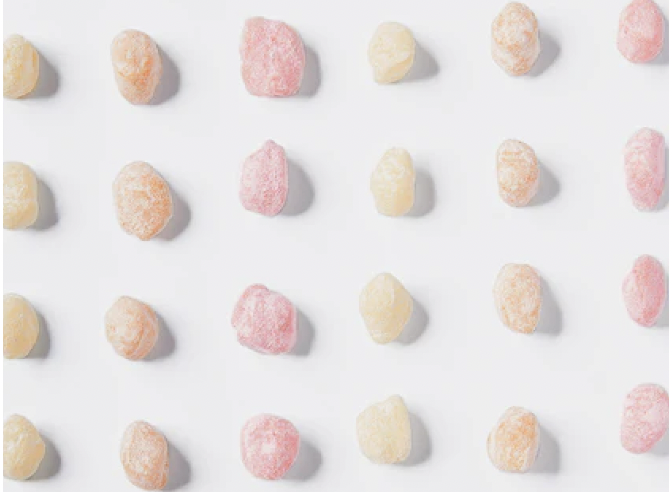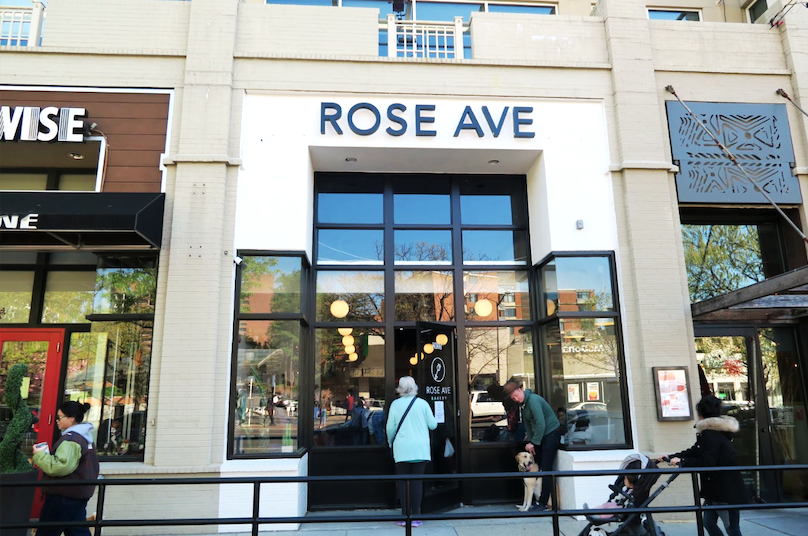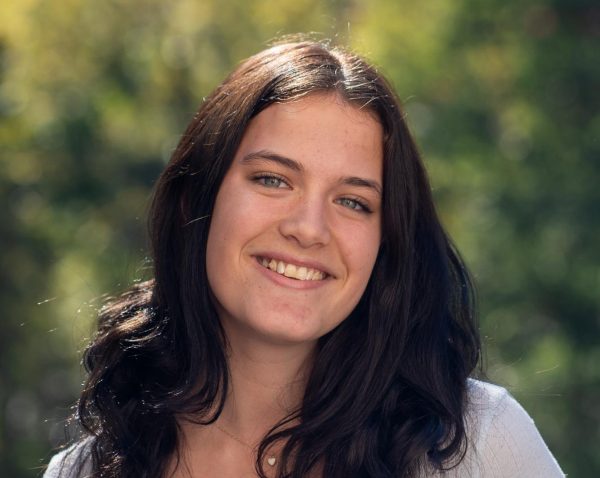Mika Shino, WIS parent of two, got a call from Whole Foods this January offering to stock her mochi product in 192 U.S. stores. Issei, Shino’s startup, was expected to produce, package and ship 3,000 pounds of mochi in the next seven months, a breakneck turnaround for a two-year-old business with no manufacturing company.
Born in Kyoto, Japan, Shino grew up surrounded by appreciation for traditional arts. Kyoto is a city where “different traditional arts and crafts like kimono making, obi making and traditional foods are still very much preserved,” according to Shino. She was also influenced by those around her, as many of her family members were makers. “I come from a family of artists and creators and people taking the un-treaded path,” she said.
Shino was starkly reminded of this part of her identity during the pandemic, as she was one of many to be the victim of an Asian hate crime. “I was attacked during the pandemic in the parking lot of the Whole Foods where my products are featured right now,” Shino said. “When I was going back to my car, this old woman tried to run me over with her car and screamed at me, ‘You Chinese virus.’”
For weeks after the experience, it was difficult for Shino to leave her house to shop.
Now, Shino is able to go into the very same store that she was attacked outside of and see her product on the shelves, a gratifying experience for the business owner. Her product is situated in the “Candy” section beside other bestselling products, rather than in the “Ethnic” section: a finetuned balance between tradition and mainstream.
“It was really important for me, especially during all the attacks against Asians, to create something that Asians could be proud of,” she said. The sweet pearls of mochi that she makes stem from traditional Japanese methods, a delicate art which is relatively unknown to U.S. manufacturers. “I had to change facilities three times because nobody knows how to work with rice flour,” Shino said.
“With only three months to delivery date, we found a production partner who believed in our vision and wanted to go all in,” Shino wrote on her LinkedIn page. “That is when things really began to break down. The main equipment didn’t arrive. Our other support equipment began to fail, almost immediately. We ran out of ingredients. The packaging was delayed and misprinted.”
Due to this lack of production capability, Shino had to hand-cut each pound of mochi in order to be ready in time for the order. Biting back pain as she cooked, cut, packaged and prepared the mochi for weeks on end, the hours seemed endless; she even developed tendonitis in both of her wrists.
However, her diligence was not for nothing, as her mochi gummies became a huge hit around the country. “I have messages on my Instagram from people saying, ‘I went to Malibu, Santa Monica, West LA [but] they’re all sold out. What should I do?’” Shino said. The same goes for stores in the DMV area; the Georgetown, Bethesda, Rockville and P Street shops selling her products have no Issei mochi left on their shelves.
Shino was one of many business owners to apply for the Whole Foods open call last year, but she wasn’t expecting her product to be selected. “We were so far from having a final product, but I thought, ‘Let’s just try it,’” Shino said. “Worst case, they’d just say no. And then they said yes.”
Despite the product’s instant success, the baker confessed to knowing little about business before becoming an entrepreneur. “I didn’t know anything about the food business,” she said. “I didn’t know anything about manufacturing, packaging, barcodes, nothing.”
In addition, her goal of staying natural has been a continuous uphill battle. In Japan, mochi is either filled with stabilizers and additives or it’s considered a perishable food. “You make it mostly for the day and you sell it at a mochi bakery, and you can’t sell it the next day,” Shino said.
Shino’s food scientist, Brandon Jahner, found out that the food industry is filled with questionable hacks to preserve candies, something Shino wanted to stay away from by creating a truly chemical-free snack. According to Jahner, other companies use “natural flavors” such as crushed up insects and insect secretions disguised under the name “confectioner’s glaze” to add shine to their treats. Additionally, some mochi products in Asia were even found to be using diaper filler in their recipes, which is not meant to be ingested.
Although this research process was challenging in many ways, it was fueled by Shino’s passion and it all came together in the end. “As soon as you have a great product, and you really put your heart into making the best product, I feel like everything else kind of falls into place,” she said.
By Tindra Jemsby


































































